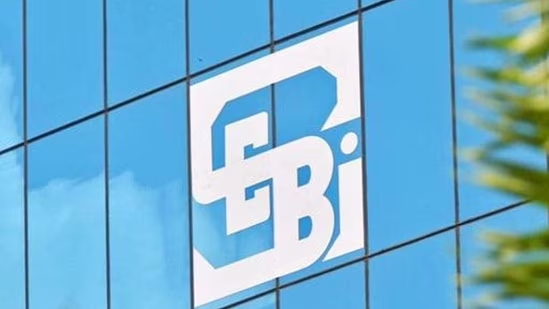12 september 2024 : India’s securities regulator, SEBI, is considering tighter oversight on micro-cap companies going public, which may include monitoring their use of funds and imposing stricter due diligence guidelines for merchant bankers, according to a source involved in the discussions.
Other potential measures under review include requiring a longer track record of profitability and closer scrutiny of financial statements. This follows recent incidents of fraud in this segment of the market, the source added, requesting anonymity due to the private nature of the discussions.
Despite these considerations, SEBI is not inclined to take over the listing approval process for small and medium enterprises (SMEs) from the National Stock Exchange (NSE) of India and BSE Ltd., although some investors have called for direct oversight by the regulator. The discussions are still in the early stages, and any measures may be revised before a draft is presented to SEBI’s primary market advisory panel.
India’s micro-cap listing market has grown rapidly since the pandemic, driven by investor interest in small businesses with perceived growth potential amid accelerating economic expansion. Recently, a $1.4 million IPO by a motorcycle dealership with only two outlets and eight employees was oversubscribed more than 400 times, raising concerns about the quality of offerings in this niche market.
The surge in demand for shares of firms with unproven track records and instances of stock-price manipulation have prompted Indian authorities to take action. In August, SEBI asked the BSE to halt the IPO of plywood maker Archit Nuwood Industries Ltd. due to concerns about its financial statements, the source noted.
In July, the NSE imposed a 90% cap on listing gains, while SEBI has repeatedly cautioned investors about the risks of investing in SME firms. A discussion paper proposing stricter listing rules for this segment is expected by the end of the year, as confirmed by SEBI whole-time member Ashwani Bhatia.
Requests for comments from SEBI and its spokesperson went unanswered.
“SEBI aims to balance investor protection with market growth,” said Narinder Wadhwa, managing director at SKI Capital Services Ltd. He suggested the regulator might also consider additional criteria, such as extending the lock-in period for anchor investors.

